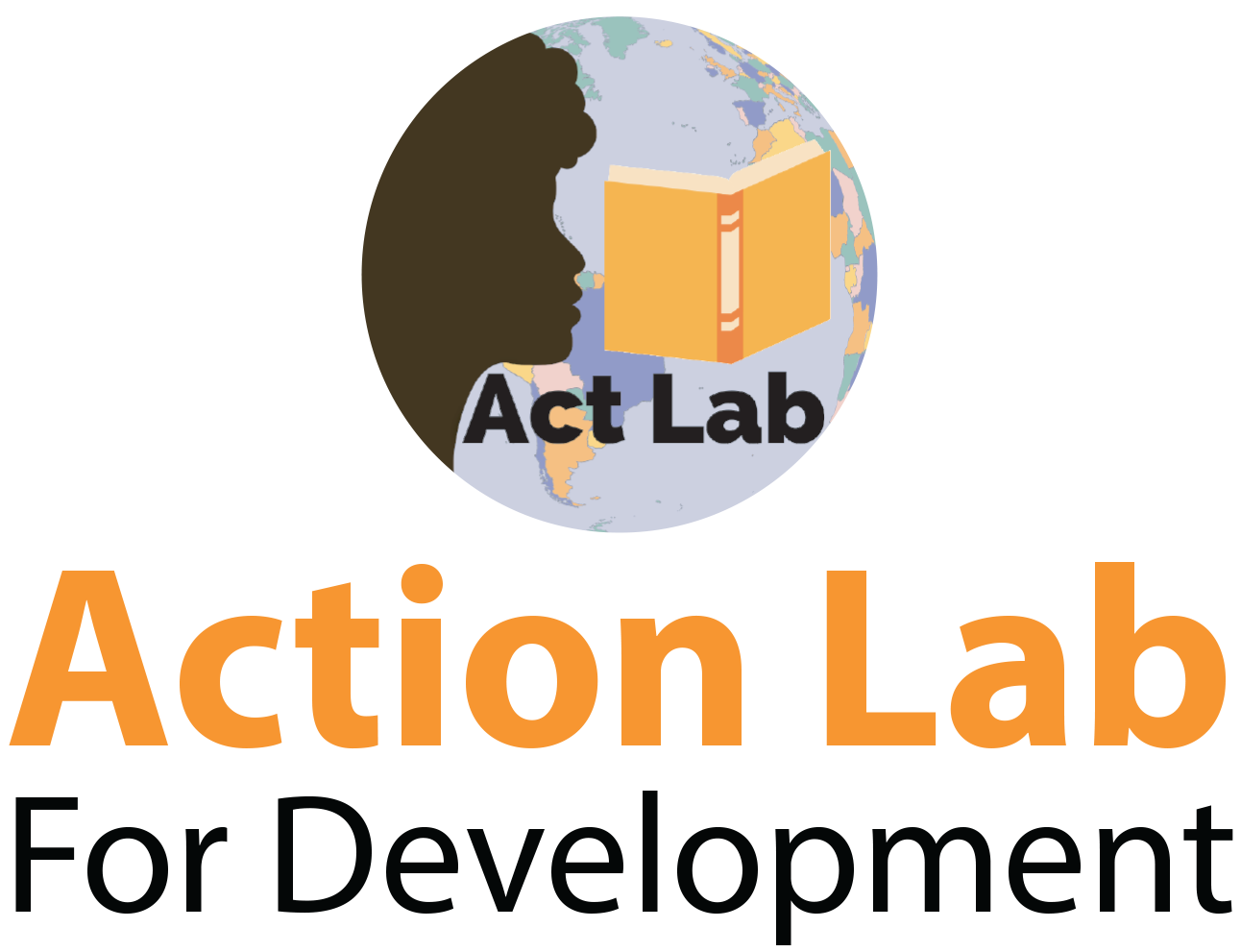Poverty is often framed as a lack of income. But at its core it is also a lack of opportunity, of access, of the ability to participate fully in economic, social and technological life. Traditional relief-based approaches help, but they often stop short of empowering people to build sustainable livelihoods. This is where the journey from skills to sustainability becomes transformational.
In Cameroon and now Canada, Action Lab for Development (ACTLAB) is embracing this pathway, delivering structured training, fostering innovation, and building community capacity. Through our work, we show how equipping youth, women and economically disadvantaged individuals with relevant skills can lead to lasting change.
Why Skills Matter for Poverty Reduction
When someone gains a vocational or entrepreneurship skill, they do more than just learn: they unlock potential. They can launch a business, find employment, serve their community, adapt to changing markets. For disadvantaged groups, youth, women, persons with disabilities, this is especially vital. Our mission “to advance education by delivering structured training programs in entrepreneurship, innovation, and vocational skills to youth, women and economically disadvantaged individuals, in order to improve their economic opportunities and social development”. By focusing on skills, ACTLAB is shifting from simply providing aid to enabling self-reliance. When individuals become producers, innovators or entrepreneurs rather than only recipients, the cycle of poverty can begin to break.
ACTLAB’s Approach: Skills + Innovation + Community Empowerment
Structured training in entrepreneurship & vocational skills
One of ACTLAB’s core strategies is direct training. Through our partnership with Tobby Vision Computers (TVC) Vocational Education & Training Centre, we helped deliver nine-month technical and vocational programmes that prepare youth for jobs and business start-up. For example: between 2012 and 2018, ACTLAB’s partner TVC enrolled and trained 642 students in areas such as administrative assistance, graphic design & web publishing, computerized accounting, PC maintenance & repairs, software programming, entrepreneurship and agriculture.
Knowledge-sharing, workshops & partnerships
Training alone is not enough; ACTLAB emphasises collaboration, network-building and shared learning. As a partner of global volunteering and innovation platforms (e.g., MovingWorlds), we host workshops that bring together educators, entrepreneurs and learners to co-create curricula and business projects. Together with TVC, we worked with volunteers to craft an entrepreneurship curriculum, and from that emerged real business projects: a computer science manual for schools, mathematics manual, restaurant, bakery and poultry farm.
Digital platforms & skill-based volunteering
In the 21st century, digital access is a gateway. We recognise that bridging the digital divide is key for disadvantaged youth. As describes in “Cameroonian NGO Bringing Communities Into the Digital Age”, ACTLAB advocates for training and support for youth in computer science, programming and digital entrepreneurship, in collaboration with international corporations and partners. We also promote skill-based volunteering, youth volunteers using digital platforms to share knowledge, facilitate community learning, and engage in collaborative problem-solving.
Impact: Skills → Sustainability & Poverty Reduction
This is how well-targeted skills training can lead to sustainable outcomes:
- 642 students trained through 2012–2018 provide a base of youth capable of earning, innovating, and creating jobs.
- Real business initiatives emerged (bakery, restaurant, poultry farm) from entrepreneurship training.
- Beyond business, in January 2021 ACTLAB distributed food and personal protective equipment to 55 women, elderly and persons with disabilities in Tubah, Bamenda – a demonstration of how training and empowerment go hand-in-hand with addressing immediate vulnerabilities.
Take-aways
ACTLAB’s model aligns with global development frameworks. We hold Special Consultative Status with the United Nations Economic and Social Council (ECOSOC), indicating our deep commitment to the UN 2030 Agenda.
Here are the key take-aways of our work:
- Skills training is a pathway out of poverty, not just a stop-gap.
- Innovation and digital inclusion make 21st-century skills accessible to marginalised communities.
- Community-owned enterprise (local innovators) leads to sustainable livelihoods.
- Empowering women, youth and persons with disabilities multiplies social impact.
- When educators, entrepreneurs, and volunteers work together, they can reach more people and make learning richer and more practical.
The journey from skills to sustainability is both practical and visionary. Through its work, ACTLAB demonstrates that when individuals gain relevant skills, when communities are involved, when digital access expands, then poverty becomes less of a trap and more of a challenge we can collectively overcome.
If you believe in this vision, there are many ways to engage: volunteer your skills; partner with training programmes; support digital platforms or local enterprise; spread the word in your networks.
Because when youth and women gain skills, when communities innovate, when digital platforms connect us, poverty ceases to define someone’s future and instead becomes a space for transformation.

